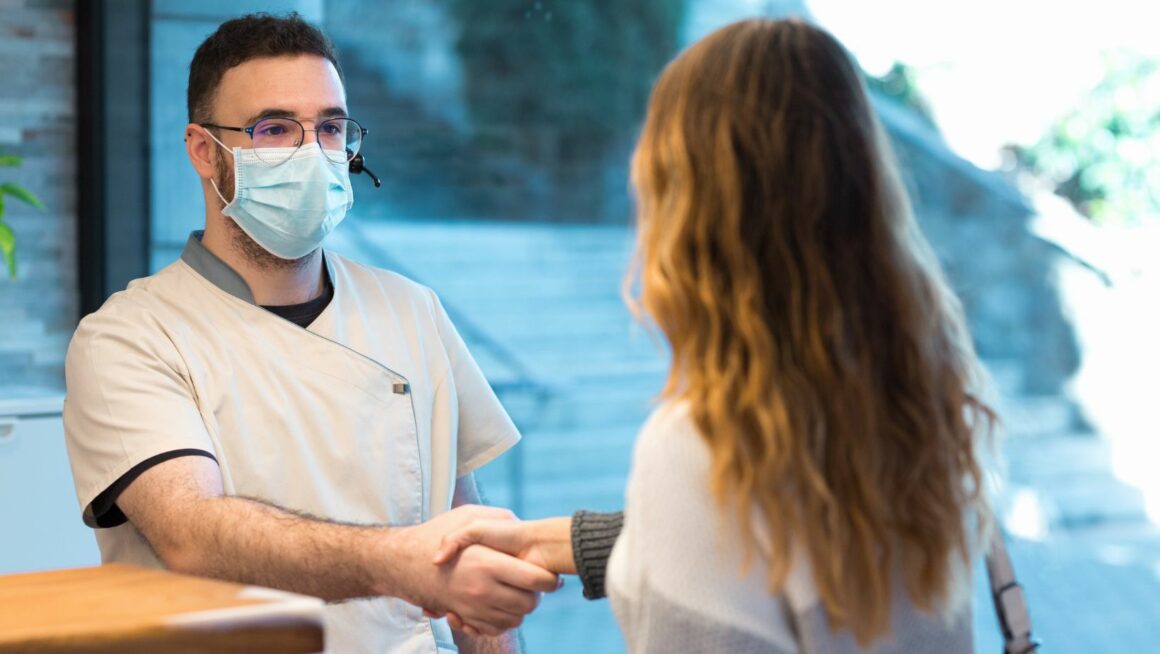The Importance Of Understanding and Managing ADHD in Adults and Children
Attention Deficit Hyperactivity Disorder, also known as ADHD, is a brain development disorder that impacts both children and grown-ups. It shows through problems like not being able to keep focus, too much movement, and acting on impulse in ways that can really interrupt everyday activities. Grasping the subtle aspects of ADHD and putting into place good methods for controlling it is very important because it can make the lives of people who have this condition better.
Understanding ADHD
Signs of ADHD often appear when a child is young, usually before they are 12. However, many individuals do not receive their diagnosis until they are teenagers or adults. Symptoms are split into two main types: one is having difficulty with attention, which might cause problems staying focused, making lots of mistakes without meaning to and struggling to organize tasks. The other type includes symptoms where there is excessive activity or acting on impulse. Hyperactivity-impulsivity symptoms involve excessive fidgeting, difficulty remaining seated, and interrupting others.
To find out if someone has ADHD, a doctor or another medical person must do a thorough check. They usually need to hear from the person’s parents and teachers and also from the person directly. You cannot use just one test to see if it is ADHD; it depends on which symptoms are there and how strong they are for quite some time. Diagnosing adults can be harder because they might have created ways to hide their symptoms.
Managing ADHD in Children
Starting treatment early is very important for controlling ADHD in kids. Usually, this includes behavior therapy, medicine, and help at school. Behavior therapy aims to change the child’s surroundings so it helps them more. This involves creating consistent schedules, making exact targets, and giving rewards for good behavior. Parents and teachers are very important for using these methods regularly both at home and in school.
Using Online Therapy
Online therapy becoming popular gives those dealing with ADHD an easy and adaptable choice. An online psychotherapist can give treatments like cognitive-behavioral therapy using video calls, messaging, or phone calls, which helps patients schedule their appointments more conveniently.

It is very helpful for people who find it hard to go to face-to-face meetings because of their symptoms or other things in their lives that keep them busy. When they use the internet for therapy, it can make less shame about getting help, and this makes more people want to look for the support they require.
Medication
Medicines that stimulate, like methylphenidate (also called Ritalin) and amphetamines (people know as Adderall), doctors often give to people with ADHD. These medicines are good for focusing better and lowering too much activity and actions done without thinking first. Medicines that do not stimulate, such as atomoxetine or Strattera, are options, too. They can be used when the stimulating medicines do not work well or have side effects that are not wanted. Parents should cooperate with medical professionals to choose the best medicine and amount for their child.
Educational Support
Kids who have ADHD usually get help from customized learning programs or 504 plans that give them special adjustments based on what they need. This can mean having more time for exams, sitting in places where there are fewer things to distract them, or taking short breaks when working on something for a long while. Working together, parents, teachers, and the people in charge of the school is very important so that we can make sure we are taking care of what children need to learn.
Cognitive Behavioral Therapy (CBT)
CBT helps grown-ups with ADHD to get better at handling their symptoms and organizing things. It works on making the way they think more positive, and it shows them how to manage time well, set targets for themselves, and find solutions to troubles.
Medicines that work for kids with ADHD also help grown-ups. Searching for the correct medicine and amount can make focus better, lower quick actions, and control problems that disturb everyday living. Regular check-ups with a doctor are important to watch how well treatment works and change it if necessary.
Lifestyle Modifications
People who are grown and have ADHD might find it helpful to change their way of living in a manner that helps them control the symptoms better. They should keep a regular schedule, use things such as diaries or software on their phones for organization, and divide work into small parts which are easier to handle.

Physical activities done often, eating good foods, and getting enough sleep are also important for controlling the signs of ADHD.
Support Systems
Kids and grown-ups who have ADHD get a lot of help from having people support them. This means that kids, their family, school teachers, and therapists need to work together. For adults, support groups, workplace accommodations, and understanding from family and friends are vital.
Conclusion
ADHD is a complicated disorder that impacts people differently at various stages of their lives. Knowing the symptoms and using customized management plans can significantly improve the quality for kids and grown-ups with ADHD. Early help, suitable treatment, and solid support networks are essential elements in assisting people with ADHD to prosper. With the correct method, individuals with ADHD can have successful and satisfying lives.



